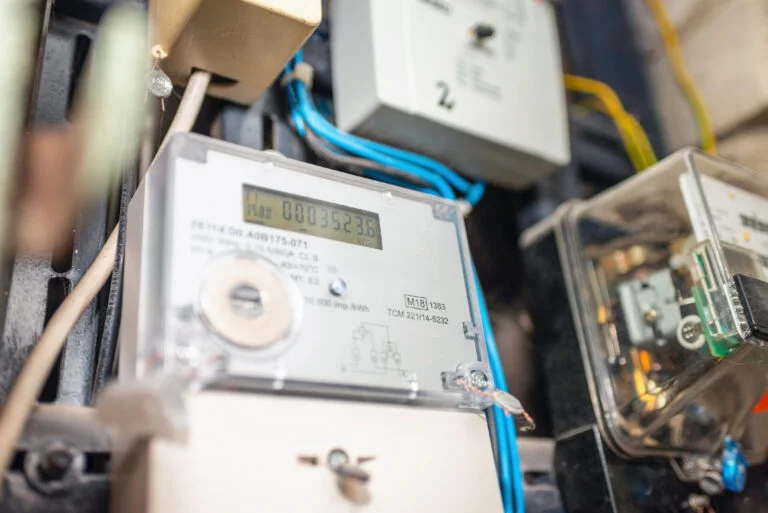Overview of the Proposal
The regional energy pricing zones initiative would replace the current uniform wholesale electricity price with zonal pricing, where regions pay varying rates based on local market conditions. This system would reflect the cost of generating and transmitting electricity in each zone, promoting investment in regions rich in renewable resources, such as wind or solar energy. Areas that rely heavily on fossil fuels or face higher transmission costs may see price increases.
Some argue that regional pricing zones can improve energy security by encouraging investment in green energy infrastructure and enhancing grid resilience. With localised prices, energy generators may have more incentive to invest in renewable energy in areas where it is most cost-effective to do so. Additionally, it aligns with the UK’s decarbonisation goals, steering the nation towards a cleaner energy future.

Industry Concerns
Despite the potential benefits, the proposal has received significant backlash from industrial leaders. UK Steel and Make UK, which represent key manufacturing sectors, have expressed concerns that regional pricing could make energy prohibitively expensive in some parts of the country, particularly for industries that are energy-intensive. This may result in companies relocating to regions with lower costs or even moving their operations abroad. Critics argue that such a system could exacerbate regional inequalities and lead to de-industrialisation, especially in areas that are less competitive in the renewable energy space.
There is also concern about the impact on consumers, with areas of the UK facing higher energy bills simply due to their geographical location. This could widen the cost gap between urban and rural areas, potentially penalising regions where renewable energy infrastructure is less developed.
Government and Energy Sector Response
The government maintains that regional energy pricing zones will stimulate private sector investment in renewable energy and ensure a fairer distribution of energy resources across the country. However, they have also acknowledged the potential for unintended consequences and are conducting reviews to address concerns raised by trade groups and other stakeholders.
Energy companies are cautiously optimistic, recognising that while the plan may be disruptive in the short term, it could lead to long-term benefits by driving more sustainable practices and reducing the UK’s reliance on fossil fuels. Many are urging the government to ensure that the transition to zonal pricing is carefully managed to avoid destabilising the market or creating financial hardship for businesses and consumers.






